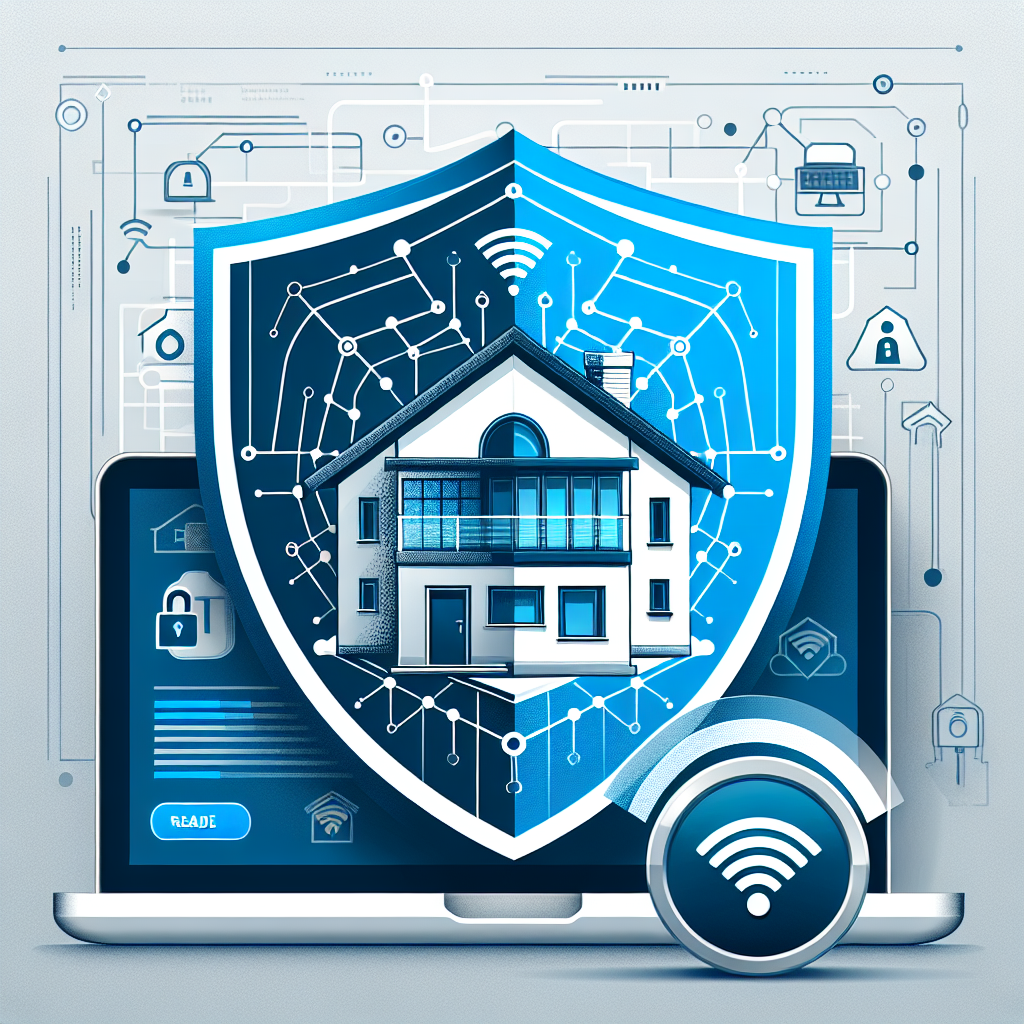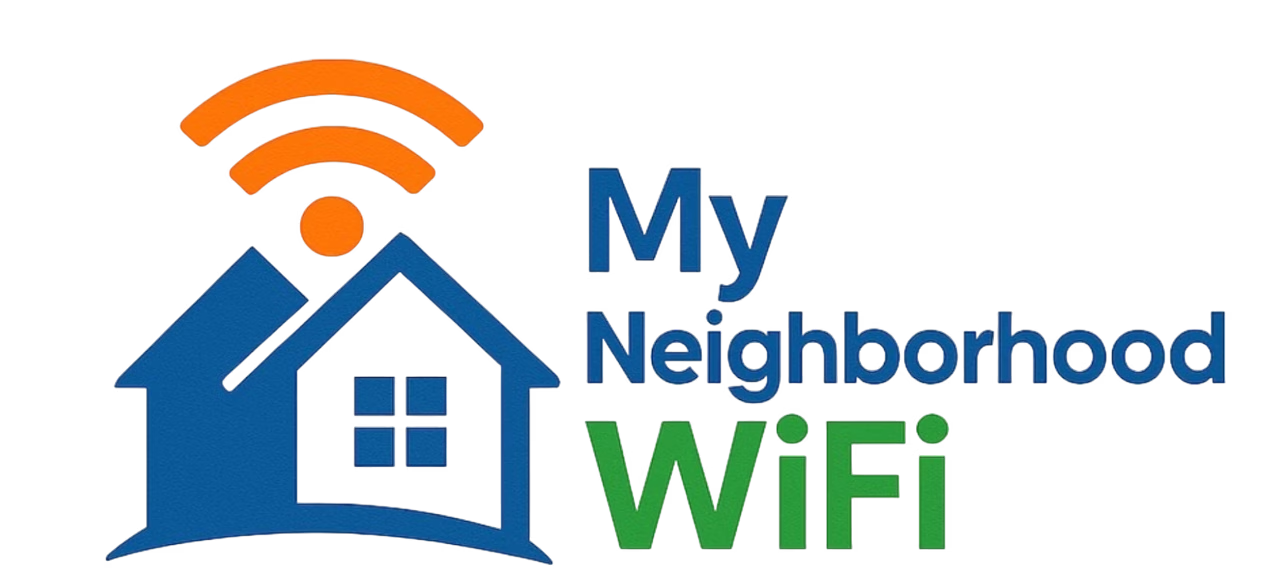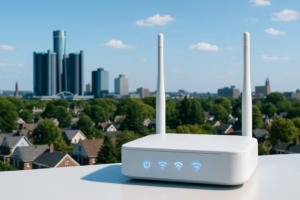
Best Internet Options to Keep Your Home Security System Strong and Reliable
When it comes to home safety today, your security system is only as strong as your internet connection. From Wi-Fi-enabled cameras to smart locks, doorbell cameras, and motion sensors, all of them rely on stable internet. Choosing the best internet options for home security makes the difference between a system you can trust and one that leaves gaps in your protection.
Why Internet Reliability Matters for Home Security
Your home security depends on uninterrupted communication. A stable network ensures that:
- Motion alerts reach your phone immediately.
- Live streaming from cameras doesn’t freeze or lag.
- Smart locks and alarms respond without delays.
- Cloud storage continuously backs up camera footage.
Even a short outage or weak signal could delay emergency alerts, making reliability more important than speed alone. A consistent, well-managed internet connection protects your peace of mind.
Factors That Affect Home Security Internet Performance
Before we talk about the best types of internet, it’s important to understand what can cause disruptions. Common causes of unreliable home Wi-Fi include bandwidth strain, signal interference, or outdated routers. A home with multiple connected devices—like security cameras, smart speakers, and home office equipment—can push your network to its limits. According to speednetlte.com, tools like network analyzers or speed tests can help you diagnose whether the issue is with your ISP, your hardware, or external interference.
Key Elements to Consider:
- Upload Speeds: Video streams from cameras rely more on upload speeds than download speeds.
- Latency and Jitter: Low latency ensures real-time alerts without pressing delays.
- Coverage: Dead zones in your Wi-Fi signal can leave security devices offline.
- Backup Connection: Having a backup internet source strengthens your home’s resilience.
Best Internet Options for Home Security
Now that we know what can go wrong, let’s explore the best internet options for powering a reliable home security system.
1. Fiber Internet
Fiber internet is one of the most reliable methods for home connectivity. Its symmetrical speeds (download and upload) make it ideal for high-bandwidth activities like streaming camera feeds to the cloud without hiccups.
- Best for: Households with many smart devices.
- Advantages: High bandwidth, consistent connection stability.
- Challenges: Limited availability depending on your region.
2. Cable Internet
Cable internet is more widely available and typically supports strong bandwidth. While upload speeds may not match fiber, it’s still well-suited for most homes with one or two camera feeds and smart devices.
3. Fixed Wireless Internet
Fixed wireless is a great option in newly built homes or rural areas where wired infrastructure isn’t available. As speednetlte.com points out, getting internet into brand-new neighborhoods or uncovered areas can be a common obstacle. Fixed wireless overcomes this challenge by connecting through a local wireless tower.
4. Cellular Backup Internet
Some homeowners use cellular hotspots or mobile routers as a backup option. While mobile data is not always fast enough for continuous video feeds, it acts as a valuable fallback during outages.
5. Mesh Wi-Fi Systems
If you live in a large home or one with multiple floors and thick walls, investing in mesh Wi-Fi ensures that every corner remains connected. Security cameras on the outer edges of your home especially benefit from extended coverage. According to yestechie.com, using wired Ethernet backhaul with mesh systems prevents speed drops at extended points in the house.
Bandwidth Requirements for Security Systems
The right home internet option also depends on how many devices you’ll connect. A setup with one doorbell camera is very different from a home with 8 indoor and outdoor smart cameras all running 24/7.
| Device Type | Typical Bandwidth Needs |
|—|—|
| Doorbell camera | 1–2 Mbps upload |
| Indoor smart camera (HD) | 2–4 Mbps upload |
| Outdoor security camera (HD/4K) | 4–8 Mbps upload |
| Smart locks/alarms | Negligible (very low data use) |
Multiply these numbers by how many security devices you plan to run, then add extra for normal household needs like streaming, video calls, and gaming.
Practical Steps to Keep Your Security System Reliable
1. Upgrade Your Router
Even if your internet plan provides enough speed, an outdated router can bottleneck your home security. Ensure your router supports modern Wi-Fi standards like Wi-Fi 6 for improved device handling and lower latency.
2. Use Wired Connections Where Possible
If your cameras are positioned near Ethernet ports, plugging them in directly eliminates Wi-Fi interference concerns. This works especially well for high-resolution outdoor cameras.
3. Separate Networks
Consider dedicating a separate Wi-Fi network just for home security. This prevents heavy use from streaming and gaming from affecting your security device performance. Many routers allow you to set up multiple SSIDs for this purpose.
4. Power Backup
A power outage often takes down both Wi-Fi routers and security systems. Using an uninterruptible power supply (UPS) ensures your router, modem, and main security hub stay up during brief outages.
5. Test Your Connectivity Regularly
Don’t wait until there’s an emergency to find out your cameras or alarms are offline. Schedule routine checks and use simple mobile apps to verify that your internet is healthy across your property.
Community Insights and Real-World Experience
On platforms like Reddit and Quora, many users share their experiences with home security and internet connections. Common advice from real homeowners includes placing routers in central areas, avoiding interference from microwaves and cordless phones, and choosing ISPs that provide higher upload speeds for stability.
When to Consider Professional Setup
If your home has multiple floors, thick walls, or an extensive camera system, professional setup may be worth the investment. This may include running Ethernet cables, optimizing mesh Wi-Fi nodes, or strategically placing access points to minimize dead zones.
Final Thoughts
Your home security is built on trust—and that trust comes from knowing your system won’t fail because of poor internet. Whether you rely on fiber for maximum reliability, fixed wireless in challenging areas, or a mesh system for full coverage, the key is ensuring strong, stable, and backed-up connectivity.
With the right internet setup, you can rest easy knowing your family and home are protected around the clock.
“Most inquiries are answered within the same day”
Written by admin
Content writer and tech enthusiast sharing insights on internet connectivity.



